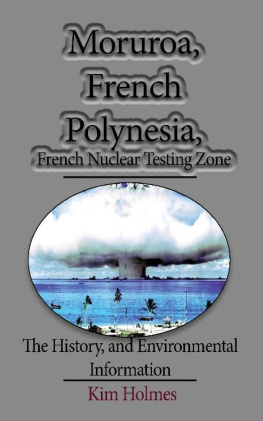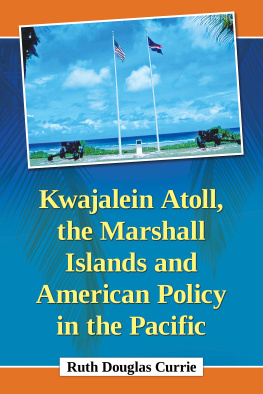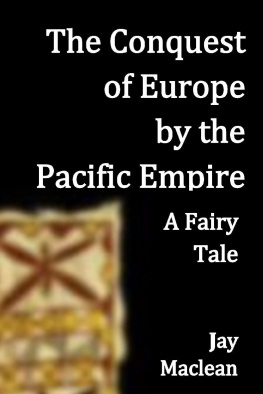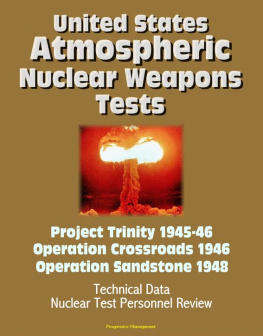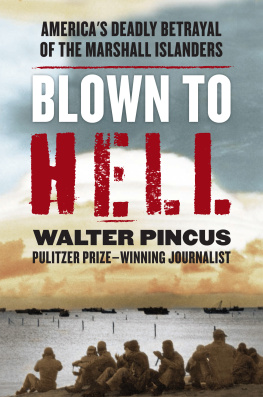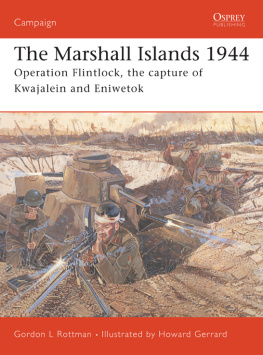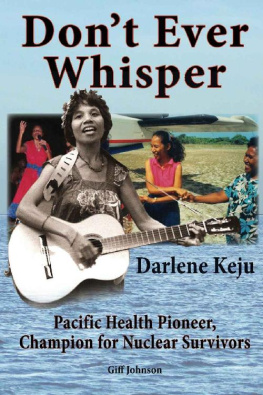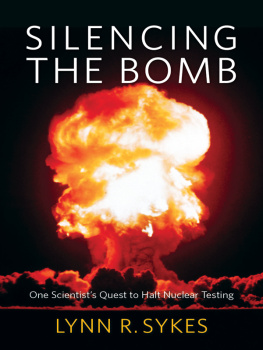Trees let your arms fall:
raise them not sharply in supplication...
This is no gallant monsoons flash,
no dashing trade winds blast.
The fading green of your magic
emanations shall not make pure again
these polluted skies... for this
is no ordinary sun
Hone Tuwhare
There are only 90,000 people out there.
Who gives a damn?
Henry Kissinger, 1969

DAY OF
TWO SUNS
US Nuclear Testing
and the
Pacific Islanders
JANE DIBBLIN

Preface to American Edition copyright 1990 by Jane Dibblin
Copyright 1988 by Jane Dibblin
All rights reserved.
First published in the United States of America in 1990 by
NEW AMSTERDAM BOOKS
171 Madison Avenue
New York, NY 10016
By arrangement with Virago Press Ltd., London.
Library of Congress Cataloging-in-Publication Data
Dibblin, Jane.
Day of two suns: US nuclear testing and the Pacific Islanders/Jane Dibblin.
p. cm.
Includes bibliographical references.
1. Marshall IslandsPolitics and government. 2. Marshall Islands Social conditions. 3. Nuclear testing victimsMarshall Islands. 4. Nuclear testingMarshall Islands. I. Title.
DU710.D53 1990 90-39780
996.83dc20 CIP
ISBN: 978-0-941533-83-6
This book is printed on acid-free paper.
Printed in the United States of America.

Contents
This book contains a number of references to and quotations from interviews conducted in the Marshall Islands by Mr Glenn Alcalay. Mr Alcalay was a Peace Corps volunteer on Utrik atoll, Marshall Islands, between 1975 and 1977. He initiated a multi-million dollar compensation award for several down-wind atolls, which was successfully attached to the annual US congressional Trust Territory appropriations Bill in 1977.
Mr Alcalay has testified before the US Congress on numerous occasions on behalf of the radiation victims in the Marshall Islands and has petitioned the Trusteeship Council, the Special Committee of Twenty-Four, and the Fourth Committee on Decolonisation of the General Assembly of the United Nations on their behalf.
As a fluent speaker of Marshallese, Mr Alcalay has made several return visits to the Marshalls and has conducted hundreds of interviews with islanders. He was aboard the Rainbow Warrior during the historic May 1985 evacuation of the Rongelap islanders. As a freelance writer, Mr Alcalay has been writing about the problems of the Marshall Islands, as well as the other people of Micronesia and the Pacific in general, for more than ten years.
At present Mr Alcalay is at work on his Ph.D in medical anthropology at the New School for Social Research in New York City, studying the sociocultural impact of the nuclear weapons testing programme in the Marshall Islands. In addition, he is at work on a book on the effects of the nuclear testing in the Marshall Islands. He also serves as an adviser to the municipal councils of Rongelap and Utrik atolls with regard to the ongoing problems related to the nuclear testing.
All quotations in this book from Mr Alcalays interviews are copyrighted by Glenn Alcalay.
Preface
In the autumn of 1986 I went to the Marshall Islands in Micronesia to research this book. I had met and interviewed three women from Micronesia Lorenza Pedro from Belau, Lijon Eknilang from the Marshall Islands and Chailang Palacios from the Marianas when they came to London in 1985 and 1986 on speaking tours organised by Women Working for a Nuclear Free and Independent Pacific, a Greenham initiative. They wanted their story told more widely; this book emerged, in part, out of discussions with them.
The seeds of the idea had been sown, however, in 1984 when I heard Hilda Halkyard-Harawira, a Maori woman from Aotearoa/New Zealand, speak passionately and knowingly at an international conference about the nuclear assault on the Pacific. Ursula Owen at Virago provided the soil in which these seeds could grow: a publisher for the book.
This book focuses on two of the Pacific communities devastated by nuclear testing: the people of Rongelap atoll, irradiated by fallout; and the people of Kwajalein atoll, thrown off their land so that their islands and lagoon could become a dartboard for missiles launched from the west coast of the United States. The people of Rongelap have chosen to leave their still-contaminated home and to live on one of the few islands in Kwajalein atoll not taken over by the US. It was there that I went to talk to them.
The background to the testing is the domination of the Marshall Islands by colonial powers over four centuries. There are many contradictions for a white western woman writing a book about the experiences of Black women and men. I have tried to avoid aiding the process of colonialism; rather than observing and interpreting the Marshallese from the perspective of my own culture, I have attempted to describe the events and their political context, and allow the voices of Marshallese people to relate their own experiences.
Wherever I went in the Marshalls I was met with an incredibly warm welcome and a great deal of enthusiasm for this project. As well as talking story sharing their experiences and insights people variously put me up, gave me food, interpreted for me, showed me round, inspired me, teased me and generally looked after me. Id like to thank Abacca Anjain, Jeton Anjain, Nietok Anjain Bien, Renam Anjain, Lijon Eknilang, Katrine Jilej, Admini Koon, Darlene Keju-Johnson, Rosalie Konou, Hermy Lang, Roko Laninvelik, Kinoj Mawilong, Aisen Tima, Julian Riklon and many, many others. Emmet Aluli in Molokai, Hawaii, was also a source of wisdom, help and encouragement.
This is not the first attempt at documenting the injustices which have been perpetrated in the name of western security in the Marshall islands. Writers to whom I am most indebted for their work and advice are Glenn Alcalay, Harold Jackson, Giff Johnson and Owen Wilkes. The Women Working for a Nuclear Free and Independent Pacific in Britain have also produced two very good booklets (see ).
Writing books and articles is only one way of bringing about change: while Ive been doing this, others have been writing letters, gathering petitions, organising demonstrations, conferences and benefits. A tribute is due to all those working in various parts of the globe.
The book itself is a product of many peoples help in supplying information, suggesting ideas and reading drafts. For that Id like to thank Jane Parkin, my editor at Virago, Meg Beresford, Kathy Bor, Fan Bradshaw, Frances Conelly, Martin Dace, Helen Dibblin, Jinny Dunscombe, Julia Goodwin, Jane Graham, Joan Grant, Robyn Holder, Zohl de Ishtar, Mary Kaldor, Loretta Loach, Malcolm MacIntosh, Fiona Morton, Pratibha Parmar, Sheena Phillips, Caroline Rault, Bridget Roberts, Sigrid Shayer, Joan Smith, Jenny Skempton, Manami Suzuki, Tremor, Sue Upton, Kate Vickers, Edward Vulliamy and colleagues at the New Statesman. My family and friends took care of me when I returned from the Marshall Islands with hepatitis and dysentery, kept me going, made me laugh and tolerated my absences; Michele Guimarin did all of the above and she also retyped sections, did extra research, and shared the worries. Thank you.
The advance on the royalties for the first print run paid for the expenses of writing the book: travel, phone calls, photocopying, postage and so on. The royalties on any second print run will go to the nuclear-free and independent Pacific movement. Royalties from the American edition will be given to the Rongelap Resettlement Fund.
Next page

